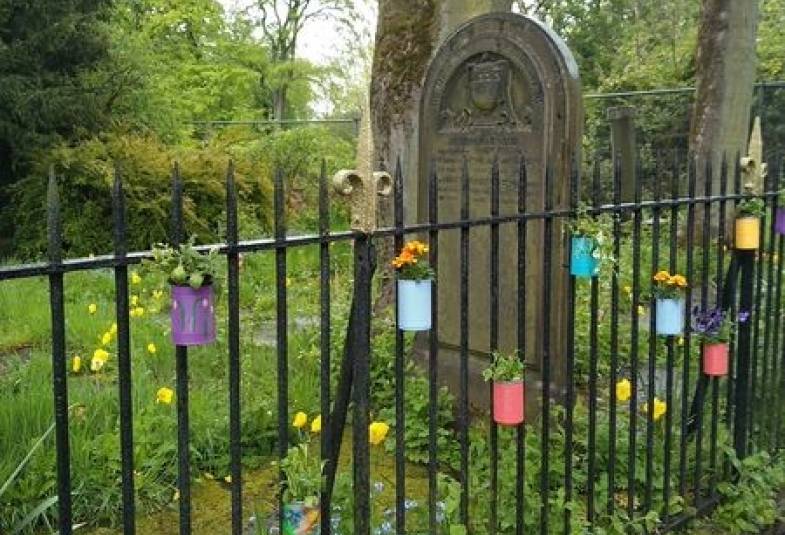The Western US is an empire built on snow. And that snow is vanishing.
Since most of the region gets little rain in the summer, even in good years, its bustling cities and bountiful farms all hinge on fall and winter snow settling in the mountains before slowly melting into rivers and reservoirs. That snowmelt, often traveling hundreds of miles from mountain top to tap, sustains the booming desert communities of Las Vegas, Phoenix and Salt Lake City — even coastal Los Angeles and San Francisco. A civilization of more than 76 million people, home to Silicon Valley and Hollywood alike, relies on snow.
“The snow in the mountains is this incredible gift that created California,” said Spencer Glendon, founder of climate outreach initiative Probable Futures and former director of investment research at Wellington Management. “Nobody would build all of that stuff in a climate that was on the brink of being a desert.”
Dangerously high temperatures in the Pacific Northwest and California’s deadly McKinney Fire flung the Western states’ changing climate back into the national spotlight this past week, and it only gets tougher from here. With the Southwest gripped by its worst drought in 1,200 years, there’s less precipitation of any kind these days across the region, especially the crucial frozen variety with its multi-month staying power. Rain, as desperately as it’s needed, isn’t quite the same: Unless it goes into a lake or reservoir, it won’t be available for weeks or months in the future, the way snowmelt can be. What little winter precipitation does arrive now often lands as rain and runs off, long gone by summer. The West’s mountain snowpacks have shrunk, on average, 23% between 1955 and 2022. By the end of the 21st century, California could lose as much as 79% of its peak snowpack by water volume.
Read it all.




 The Rhine is close to running dry in a German energy nightmare.
The Rhine is close to running dry in a German energy nightmare. 
 A debate has been sparked after Spain's government moved to prevent offices, shops and other venues from setting air conditioning below 27°C in the summer.
A debate has been sparked after Spain's government moved to prevent offices, shops and other venues from setting air conditioning below 27°C in the summer.